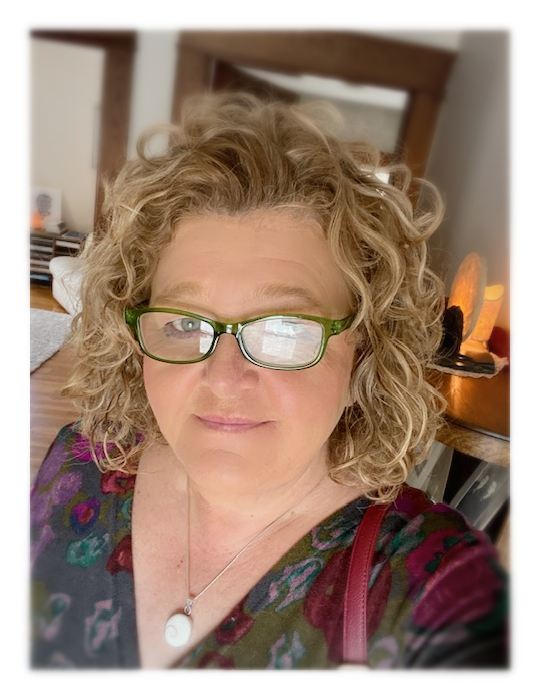When HopeHealth chaplain Carie Johnsen is called to the bedside of a hospice patient, she meets them where they are.
That means physically, whether they’re at home, in a community facility or at HopeHealth Hulitar Hospice Center. It also means spiritually — whether they practice a religion, have a personal sense of spirituality, or don’t believe in any higher power.
If they have specific requests, like praying together or finding a certain spiritual resource, she helps with that. But just as often, she is simply present to help them make sense of what’s happening, from a place of compassion and acceptance.
In other words, she’s there to support patients’ and families’ mental health, along with their spiritual health.
She explains how.
> Learn how to get started with hospice care.
When we think of spiritual care, we may not always think of mental health. But they’re connected. Will you explain why?
Carie: Definitely. During my time as a chaplain, I’ve intentionally chosen work where chaplaincy and mental health intersect, beginning with training at a VA hospital serving veterans living with chronic complex mental illness.
Spiritual care is about our whole self: body, mind and spirit. It helps us deal with life transitions. It identifies life lessons, even from challenging situations. It helps a person cope with stress by finding peace, meaning and purpose.
At HopeHealth, as a hospice chaplain, I think everything I do is about mental health and wellness. It’s about how folks move through the end-of-life process — whether that’s going to be a period of depression or anger, or moving toward acceptance and peace. That’s all part of our mental health.
How do you help hospice patients and families move toward acceptance and peace?
I had a conversation with a woman recently who asked if I was there to hear her confession. I explained that I’m not a Catholic priest — although I could connect her with one.
However, I told her: If you have actions or thoughts that have left you with guilt or regret or unresolved conflict, I can hear those and help you sort through them. I can be with you in the human experience of living to our fullest, which includes mistakes, regrets and guilt.
She went on and listed out the things that she wanted to be absolved. I helped her explore her beliefs that God’s love is unconditional and God forgives us every day, all the time.
> Related: Knocking on doors: How a silent monk became a hospice chaplain
What about patients and families who don’t practice a religion or consider themselves spiritual. How can you support them?
My role is to show up and be present for patients and families, whatever their beliefs. We open up different doors when we’re meeting with folks.
I visited a patient recently who is middle-aged and at the end stage of his life. His wife does not believe in God. She asked, “How can there by a God who would allow my husband to die before he’s been able to see his children married, to die before he’s able to have grandchildren, who has so much more to live and give to this world?”
The patient himself said, “I don’t really believe in God anymore, but I’m staying open to the possibility that I might meet God after I die. That, in some way, I might return home and be alongside the people I have loved that have died.”
I was able to be with them in a way that affirmed both of their beliefs as important and valid and worthy in just what it was.
> Related: 5 ways to use mindfulness for grief, stress or anxiety
As part of their mental health, why would you encourage hospice patients and families to reach out to a chaplain?
Just like the woman I mentioned earlier, we all walk around in the world filled with some level of regret, some level of guilt, some level of moral tension — whether we’re conscious of it or not. When we come to the end of life, how do we resolve that lingering moral distress?
Spiritual care can help you find resolution and forgiveness. That’s where mental health and chaplaincy and end-of-life care intersect.

